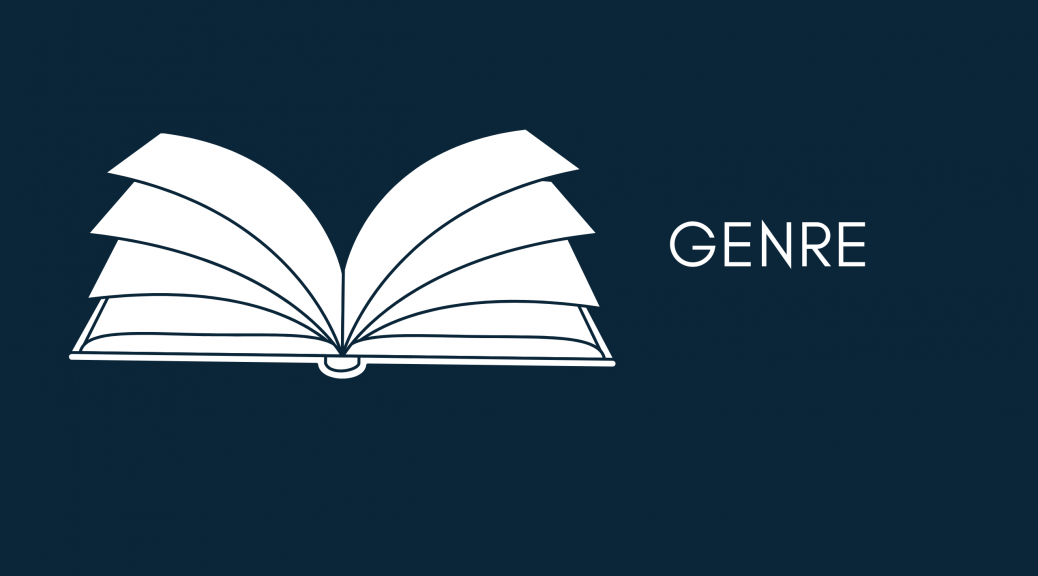
How do I know which genre is the right fit?
In my previous post, I wrote about how liberating it can be to identify the genre of your book. If you have found yourself in a position where you just don’t know what genre your novel fits into, you’ve come to the right place.
First of all you’re not alone. It’s an issue that many writers struggle with. It’s not that writers don’t know about ‘genre’ as such, though with the huge proliferation of sub-genres emerging it is fast becoming a moving target. The main issue faced by writers, myself included, is they feel their writing could fit into a number of genres. It’s hard not to feel you are missing out on a potential audience if you pigeon-hole yourself.
In terms of advice, I would say make sure you are familiar with what is out there. Take yourself out, notebook in hand, and visit your local bookstore or library. Here you will see quite literally how books are classified and sold.
For example:
- Action/Adventure — stories including epic journeys, lots of conflict, high stakes, some violence.
- Erotica — stories of sexual exploration.
- Fantasy — stories usually involving magic, other worlds, mythological/mystical figures.
- Horror — stories that invoke fear.
- Literary Fiction — stories with a focus on the quality of the prose over the narrative arc.
- Mystery — stories that involve solving a crime, usually a murder.
- Thriller/Suspense — stories of high tension that can involve either action or mystery.
- Romance — stories about love/intimacy.
- Sci-fi — stories usually involving technology, aliens, science-related alternative worlds.
- Westerns — stories taking place in America’s “Old West,” often with focus on justice.
- Women’s fiction — stories about women experiencing emotional growth. The primary emotion here is hope.
Of course the above list appears to take a simplistic approach, but as you start delving into what defines each genre, you’ll see this is a useful starting point. Let’s take historical fiction as an example. Historical fiction is one of those areas that stirs up much controversy.
Essentially historical fiction is, surprise surprise, fiction set in the past. The question is, how far back in the past do you have to go to make it ‘historical’? Last week? Last year? Ten years ago? Fifty? Everyone – writers and authors included – has their own idea of what is historical to them.
For consistency it’s worth noting that a historical novel is set fifty years or more in the past and one in which the writer has had to base writings on ‘research’ (ie, not life experience – so autobiographical novels would not fit into a historical novel genre). Each classification or genre has it’s own set of rules, so make sure you research each genre to see what the rules are.
For all those who, like myself, feel their writing could fit into various genres you can break this approach down further.
Take this made up example: MacIndoe and the Maastricht Project
Mike MacIndoe is a detective solving cold cases of missing people. He tackles cases that usually involve adventures of epic proportions (giving the novels an action/adventure feel).
However, MacIndoe is a psychic wizard!
So here we have novels that would certainly satisfy readers with a thirst for adventure – but they would also have to be open to tales of fantasy. If you were the writer of such a novel you would have to think of your audience and what they would identify with most. Having drawn them into a world of fantasy and adventure, you would have to consider Urban Fantasy as a possible fit in terms of genre rather than action/adventure.
The subject of genre is crucial if you want to write a query letter and pitch your work to an agent or publisher. If you are self publishing genre can be more flexible due to the vast array of sub genres.
When writing a query letter you need to prove to your agent/publisher that you understand the market, your target audience and where your book would be most likely sell. The best advice I can give here is to think about the readership. Who is most likely to seek out books on psychic wizards taking on adventure?
There is no exact science when it comes to genre, but if you have studied the fundamentals, you will certainly be further along the road to writing a book that sells.
 Send to Kindle
Send to Kindle